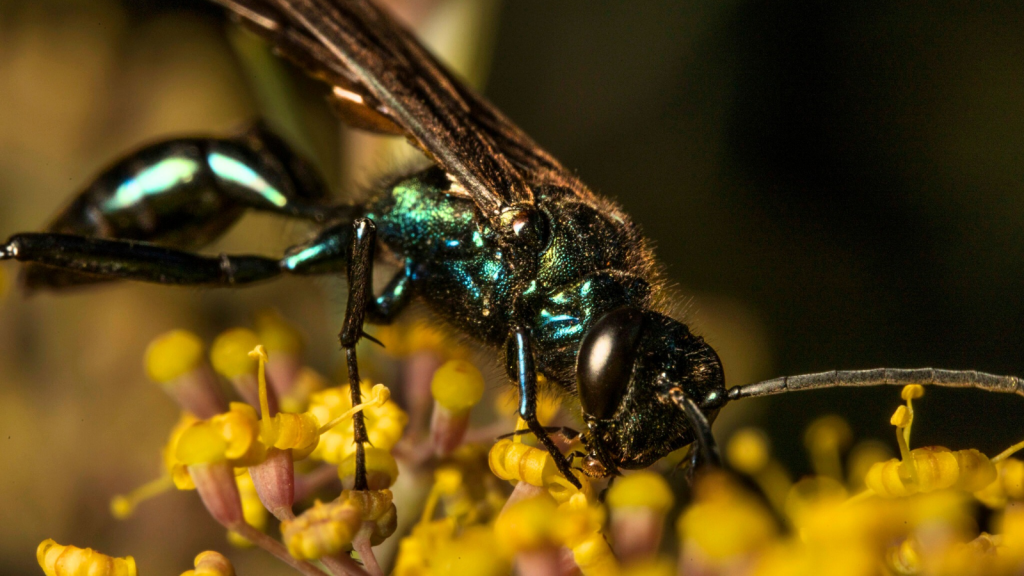The black widow’s reputation precedes it. Glossy black with a blood-red hourglass, this spider seems designed to inspire fear. Yet in nature’s grand buffet, even the deadliest creatures can end up on the menu. From acrobatic birds to armored insects, a surprising cast of characters regularly turns the tables on these venomous arachnids. These bold predators have evolved clever tactics to overcome the black widow’s defenses, transforming a feared killer into a protein-packed snack. Ready to meet the creatures that make meals of one of nature’s most notorious spiders?
Praying Mantis
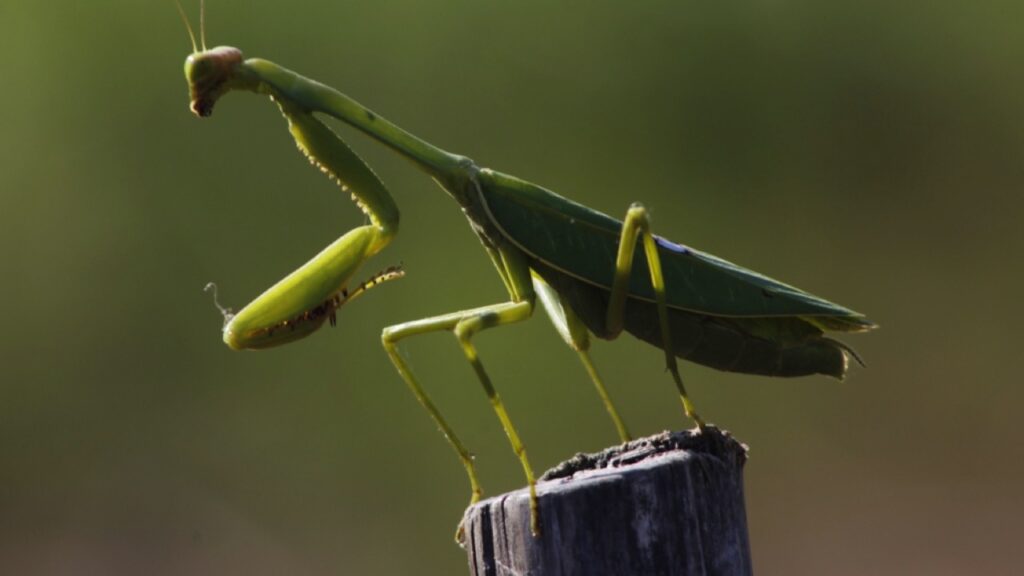
The praying mantis is a formidable predator of black widows. With lightning-fast reflexes and powerful forelegs, mantises can snatch a spider before it has a chance to bite. Their hard exoskeleton provides some protection against the spider’s venom. Mantises have been observed stalking and consuming black widows in both wild and captive settings. Interestingly, female mantises are more likely to target black widows, especially when they need extra protein for egg production.
Blue Mud Dauber Wasp
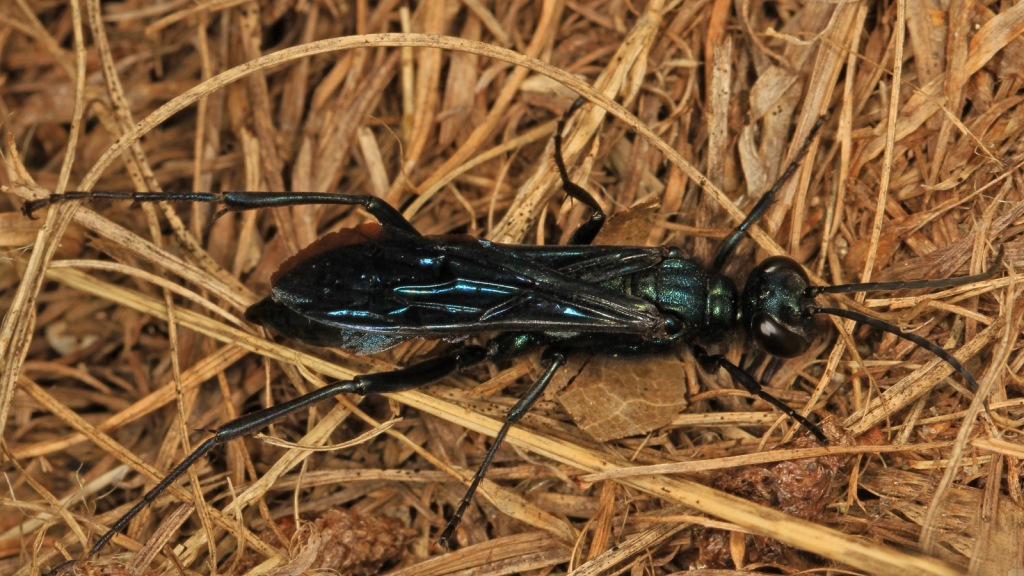
Blue mud dauber wasps are specialist hunters of spiders, including black widows. These wasps paralyse the spider with their sting, then carry it back to their mud nests. The paralysed spider serves as living food for the wasp’s larvae. A single mud dauber can capture and store dozens of black widows in its lifetime. Research has shown that in areas with high mud dauber populations, black widow numbers can be significantly reduced, making these wasps an effective natural control method.
Scorpions
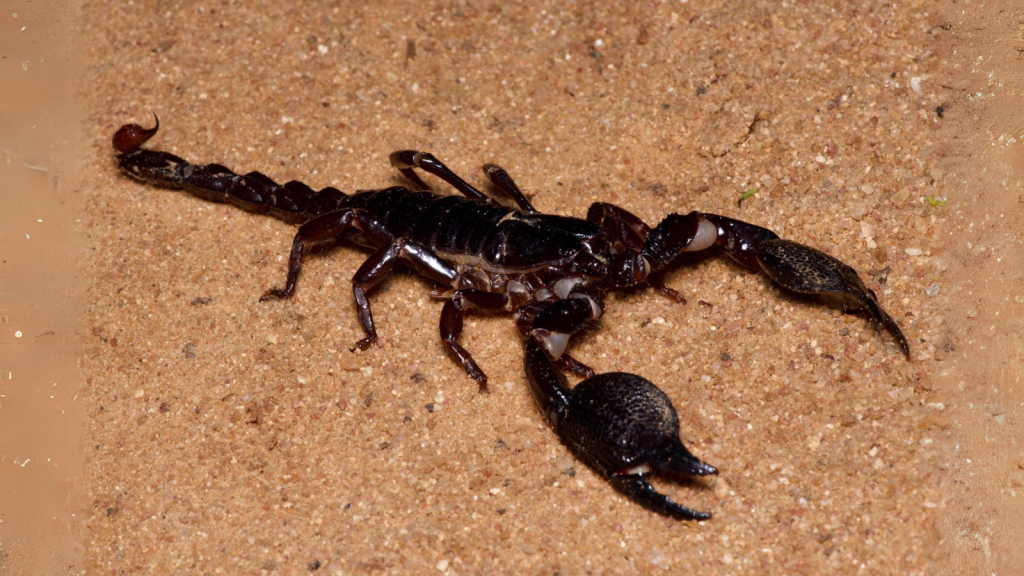
Scorpions, despite being arachnids themselves, are known to prey on black widows. Their tough exoskeleton provides protection against the spider’s venom. Scorpions use their powerful pincers to grab the spider, then deliver a fatal sting. In areas where both creatures are common, scorpions can be significant predators of black widows. The bark scorpion, in particular, has been observed actively seeking out black widows as a preferred food source.
House Cats

Domestic cats, with their natural hunting instincts, often target black widows. Their quick reflexes usually allow them to avoid being bitten. However, cats can be seriously harmed if they do receive a bite, so it’s best to keep them away from areas where black widows are common. Many cat owners report their pets bringing home dead black widows as ‘gifts’. Cats’ hunting of black widows can be beneficial for reducing spider populations around homes, but it’s important to monitor pets for any signs of spider bites.
Lizards
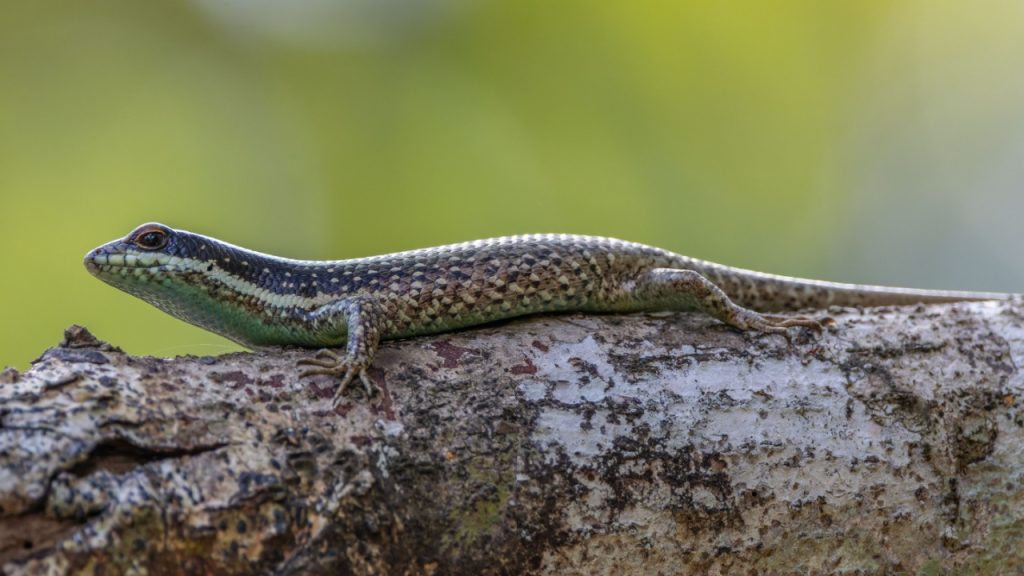
Various lizard species, including geckos and skinks, regularly eat black widows. Their scaly skin provides some protection against the spider’s venom. Lizards are quick and agile, often able to catch the spider before it can defend itself. In some areas, encouraging lizard populations can help control black widow numbers. The western fence lizard is particularly effective at hunting black widows and has even developed a mild immunity to their venom.
Birds
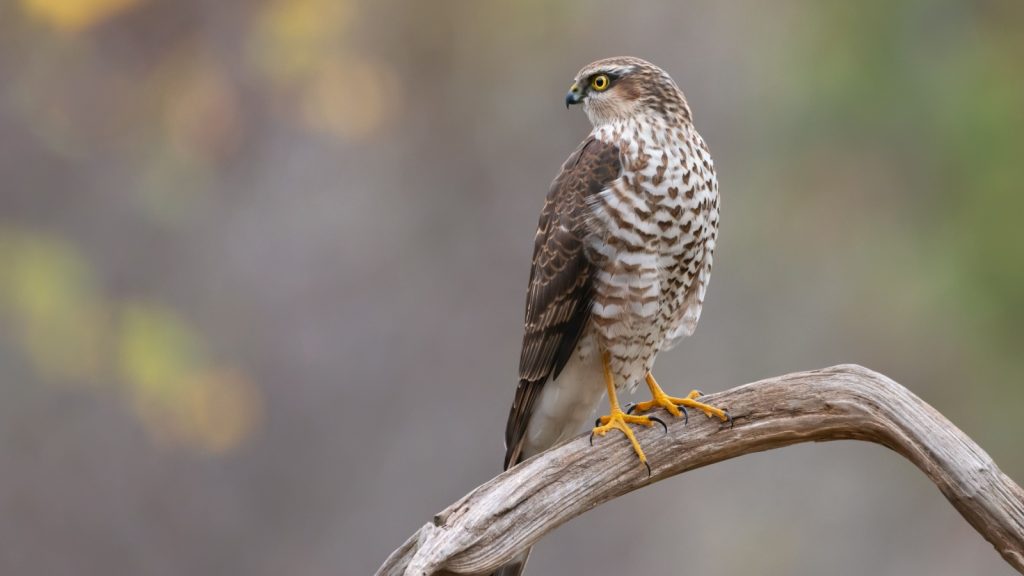
Several bird species, such as sparrows, bluebirds, and wrens, feed on black widows. Birds are generally immune to spider venom when ingested. They often catch the spiders in flight or pluck them from their webs. Some birds have been observed using tools to probe for spiders in crevices. The black phoebe, a type of flycatcher, is particularly adept at catching black widows mid-air, using its excellent eyesight to spot the spiders from a distance.
Rove Beetles
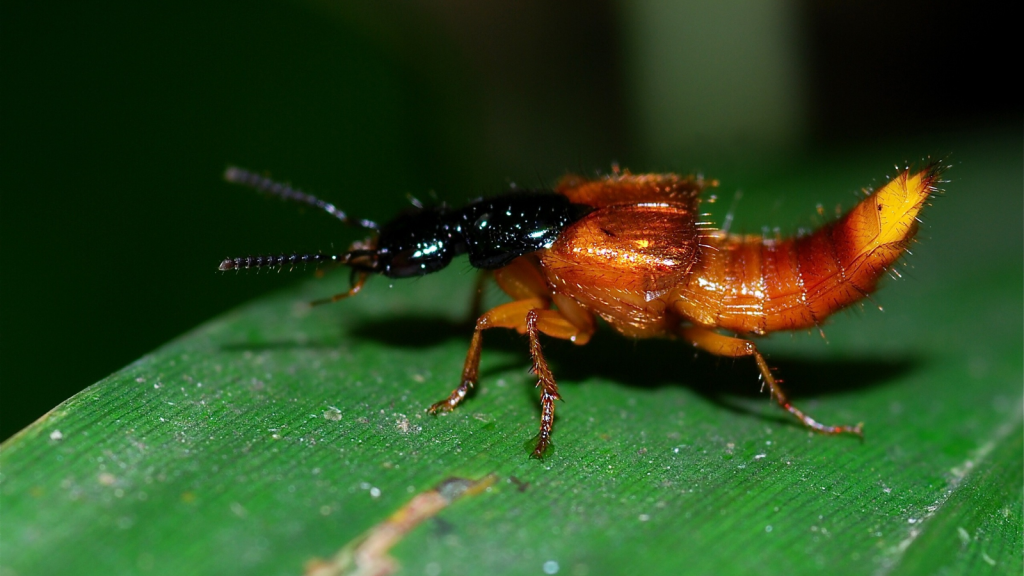
Rove beetles, particularly those in the genus Staphylinus, are known predators of black widows. These beetles have a unique hunting strategy. They rush the spider, flipping it onto its back before it can bite. The beetle then quickly bites the spider’s vulnerable underside. This technique allows them to safely consume even large black widows. Rove beetles are also known to eat black widow eggs, making them effective at controlling spider populations at multiple life stages.
Wolf Spiders
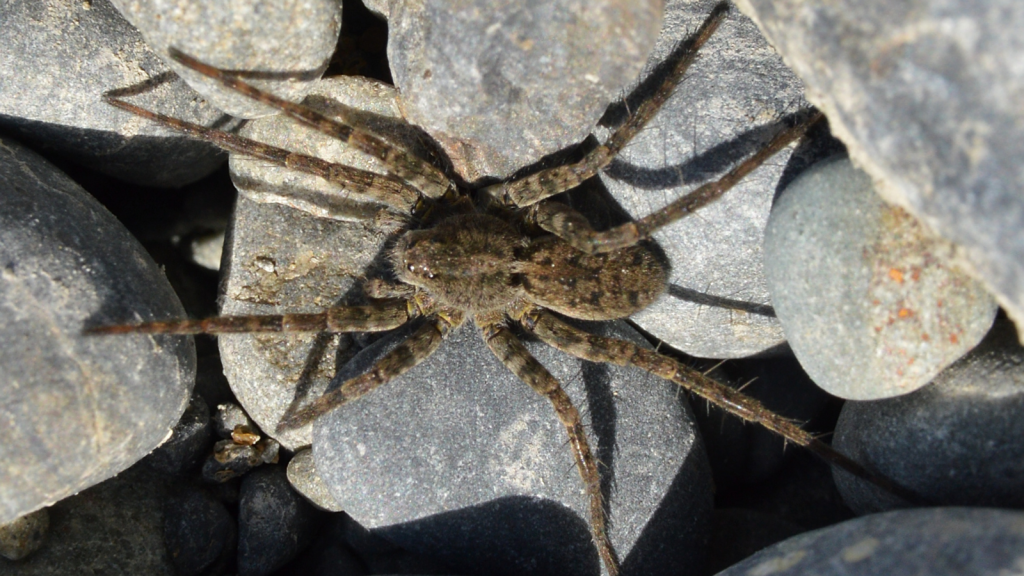
Wolf spiders, despite being fellow arachnids, often prey on black widows. They’re larger and faster than black widows, giving them a hunting advantage. Wolf spiders don’t spin webs but actively hunt their prey. They use their superior speed to overcome the black widow before it can use its venom. Wolf spiders have been observed specifically targeting black widows even when other prey is available, suggesting they may have evolved to exploit this particular food source.
Centipedes
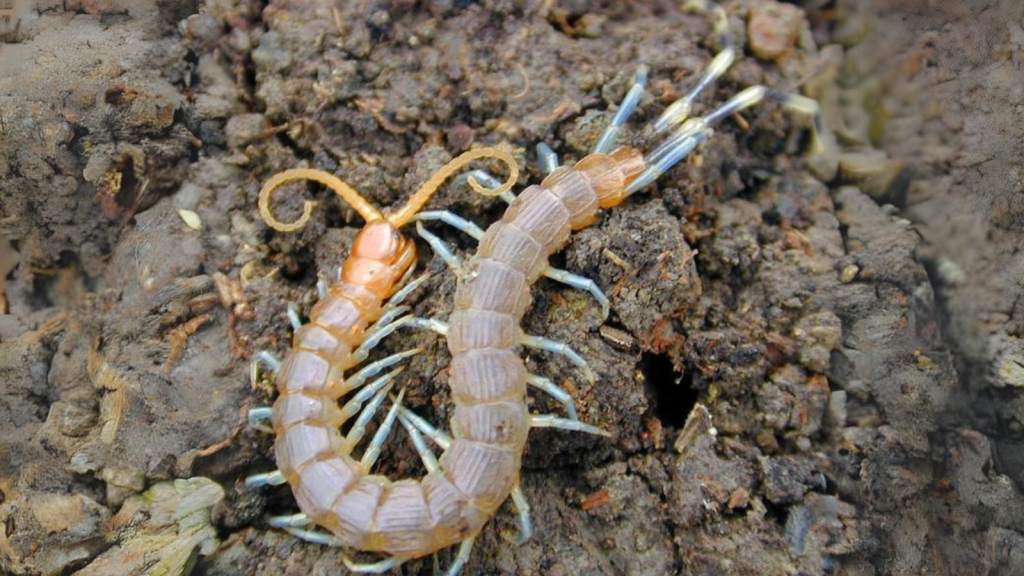
Centipedes are voracious predators that will readily eat black widows. Their many legs allow them to quickly overpower the spider. Centipedes are resistant to many venoms, including that of the black widow. They use their powerful jaws to deliver a paralyzing bite before consuming their prey. The house centipede, common in many homes, is particularly effective at controlling black widow populations in human dwellings.
Mice
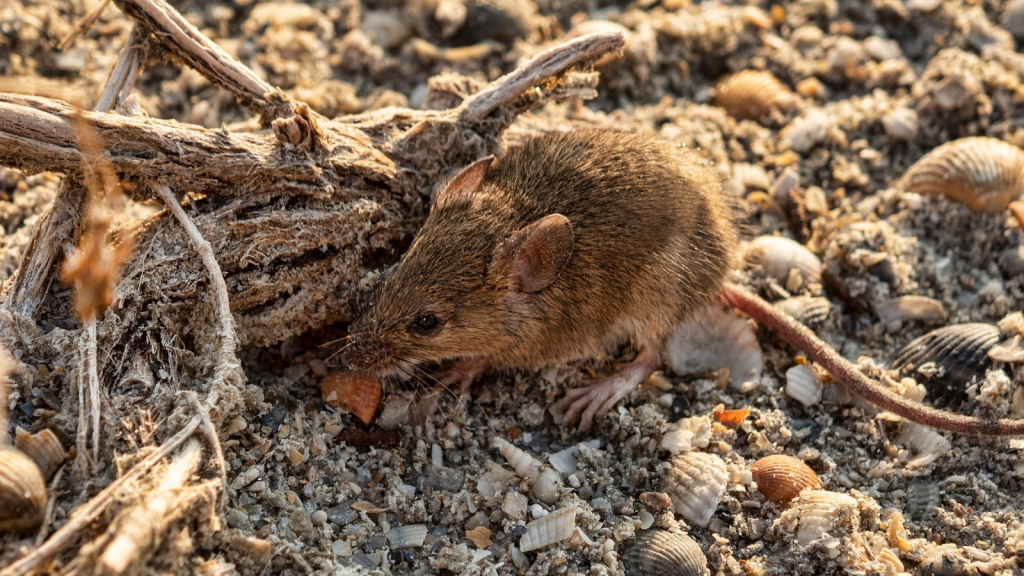
While not their preferred food, mice will eat black widows if other food sources are scarce. Mice are generally resistant to spider venom when ingested. They use their quick reflexes and sharp teeth to overcome the spider. In some areas, mice can be significant predators of black widows, especially in human dwellings. However, relying on mice for black widow control is not recommended, as they can bring their own set of problems to a household.
Eureka Spider Wasp
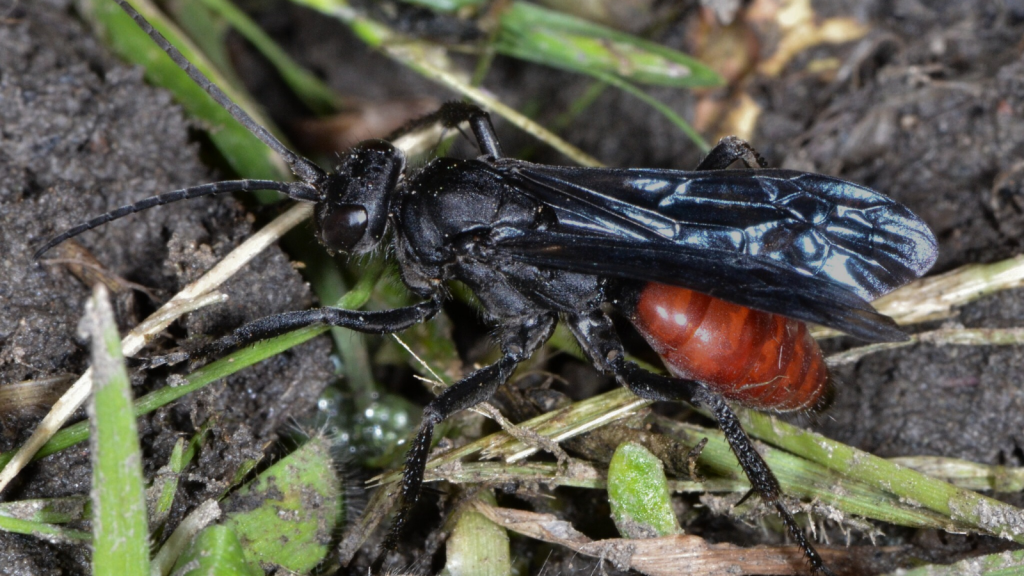
The Eureka spider wasp is a specialist predator of black widows. These wasps have evolved to hunt and paralyse black widows with remarkable precision. They sting the spider in a specific spot that immobilizes it without killing it. The wasp then lays an egg on the spider, providing fresh food for its larvae when it hatches. The Eureka spider wasp’s venom is so specific to black widows that it has little effect on other spider species, demonstrating the high degree of specialization in this predator-prey relationship.
Tarantula Hawks
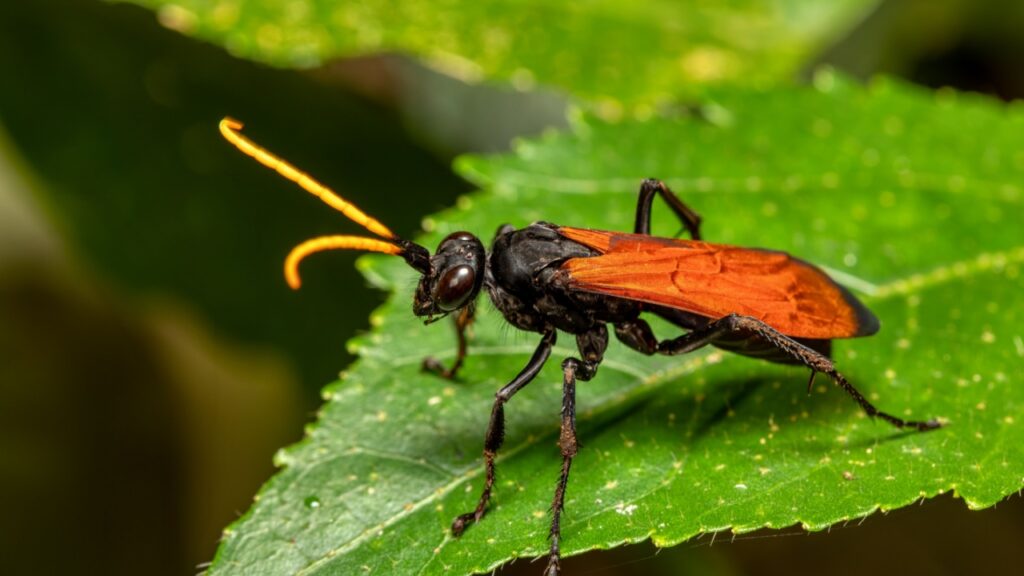
Despite their name, tarantula hawks will prey on black widows as well as tarantulas. These large wasps have one of the most painful stings in the insect world. They use this sting to paralyse the black widow. The immobilized spider is then buried with the wasp’s egg, providing food for the developing larva. Tarantula hawks are so effective at hunting spiders that they’ve been used in some areas as a form of biological control for problematic spider populations.
Pirate Spiders
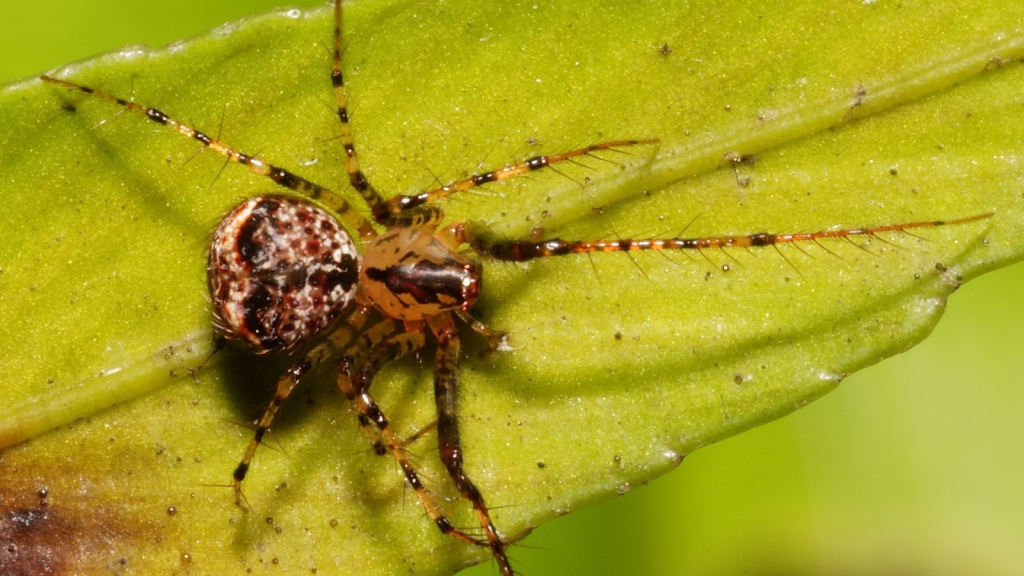
Pirate spiders, also known as spider-eating spiders, specialise in preying on other spiders, including black widows. They have evolved to be immune to spider venom. Pirate spiders use silk lines to detect the vibrations of other spiders, then sneak into their webs to attack. They often mimic the movements of prey to lure the black widow within striking distance. Some species of pirate spiders have been observed preferentially targeting black widows, suggesting they may have evolved specific strategies for hunting these dangerous prey.
Ants
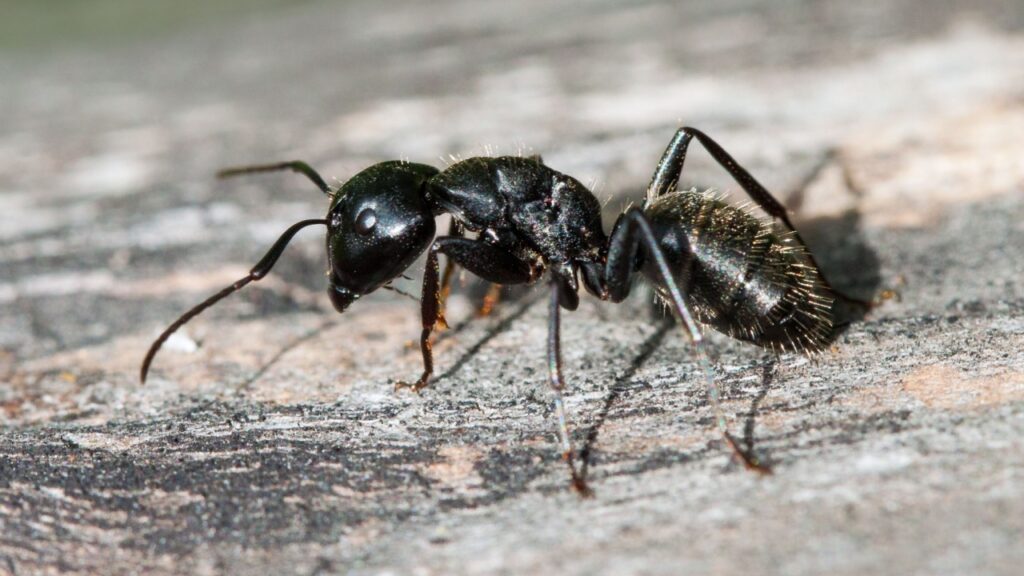
While a single ant is no match for a black widow, ant colonies can overwhelm and consume these spiders. Fire ants, in particular, are known to attack and eat black widows. The ants swarm the spider, using their numbers to overcome its defences. Once killed, the spider is carried back to the nest and shared among the colony. Argentine ants, an invasive species in many parts of the world, have been observed significantly reducing black widow populations in areas where they’ve become established.
Kingbirds
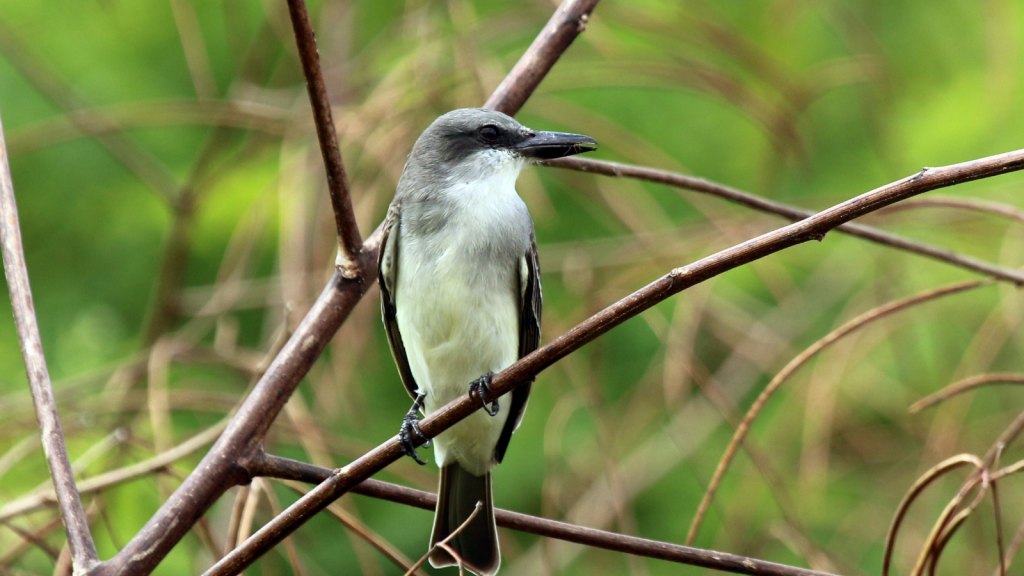
Kingbirds, a type of flycatcher, are skilled aerial hunters that will eat black widows. These birds have excellent eyesight and can spot spiders from a distance. They often catch black widows in mid-air or snatch them from their webs. Kingbirds have been observed teaching their young how to safely catch and eat venomous spiders. Their presence in an area can significantly reduce black widow populations, making them valuable allies in spider control.

